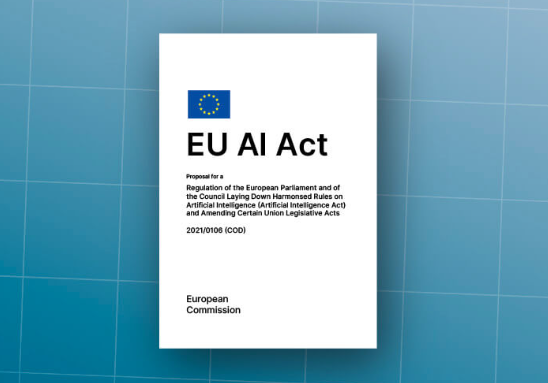In today’s rapidly evolving digital landscape, artificial intelligence (AI) is transforming industries and everyday life alike. However, with great power comes great responsibility, prompting governments worldwide to draft regulations like the AI Act. This initiative aims to ensure AI technologies are developed and utilized ethically and safely, making it a timely topic for anyone interested in technology, governance, and society.
Understanding the AI Act
The AI Act, proposed by the European Commission, seeks to provide a comprehensive framework for regulating AI systems in Europe. By categorizing AI applications based on their risk levels—ranging from minimal to unacceptable—the Act aims to mitigate potential dangers while fostering innovation. This structured approach not only enhances public trust in AI technologies but also establishes accountability among developers and users. As countries and organizations look to adopt AI responsibly, the principles outlined in the AI Act may serve as a model for global regulations.
Key Provisions of the AI Act
One of the most notable aspects of the AI Act is its focus on high-risk AI applications, which include systems used in critical sectors such as healthcare, transportation, and finance. These systems will be subject to rigorous compliance checks, requiring transparency and documentation to ensure they operate safely and effectively. Additionally, the Act mandates continuous monitoring and the implementation of safeguards to prevent discrimination, bias, and other forms of harm. By embracing these guidelines, businesses can contribute to a safer and more equitable digital environment.
Global Implications and Future Directions
While the AI Act is currently focused on the European context, its implications extend far beyond Europe’s borders. Countries around the world are closely observing the Act’s development, and many may consider similar regulations to harness the benefits of AI while protecting their citizens. As AI technology continues to evolve, the success of the AI Act could lead to international collaborations and harmonization of AI standards. This collective approach could play a vital role in promoting ethical AI practices worldwide, making it essential for organizations and individuals to stay informed about these developments.
In conclusion, the AI Act represents a significant step toward responsible AI regulation, balancing innovation with safety and ethics. As AI technologies become increasingly embedded in our lives, understanding such legislation will be crucial for stakeholders across sectors. To delve deeper into this topic and stay updated on emerging AI regulations, consider exploring further resources, engaging in discussions, or following related news in the tech industry. Your informed perspective could be vital in shaping a future where AI serves the common good!

